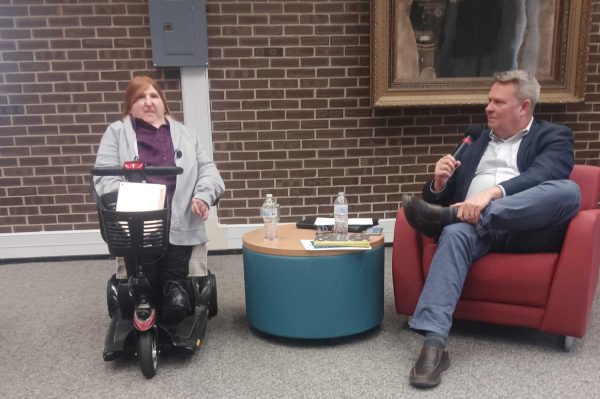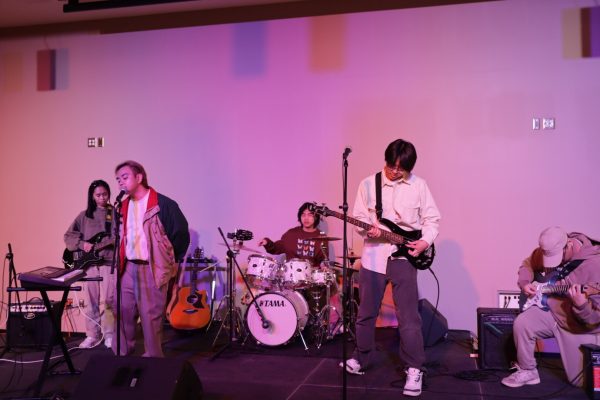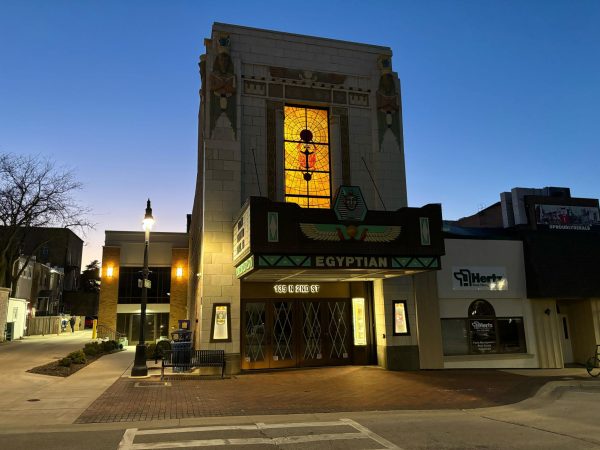Lengthy ‘Babel’ still feels unfinished, incomplete
November 20, 2006
The film opens in the deserts of Morocco and the audience is introduced to the first of four stories that make up “Babel.” Two young boys have been given a Winchester rifle to protect their family’s herd of goats from jackals. They are told the gun can hit a target three kilometers away. Unconvinced, they test its range, firing at a tour bus as it passes below.
That shot is the catalyst which sets into motion a series of events that will change lives forever.
“Babel” is one of the most unique experiences in theaters. It grabs you from the very beginning and refuses to let go until the credits begin to roll. On the surface, the story simply appears to be a clashing of cultures. But as the story unfolds, the film reveals that despite our differences in language, customs and age, there are things that bind human beings together.
The wide range of pure emotion is presented in a very stripped-down, raw way; this film does not shy away from tapping into the intensity that accompanies fear, anger, loneliness and helplessness. So the audience is left feeling uncomfortable, but it also generates an enormous amount of sympathy for the characters.
Unfortunately, time is the biggest problem “Babel” faces. At 142 minutes, it still does not dedicate enough to each story. By the end, the resolution to each feels rushed and abrupt. The perfect example is the story of Richard (Brad Pitt) and Susan (Cate Blanchett), an American couple traveling through Morocco in an attempt to heal their troubled marriage. Pitt’s performance is undeniably heart wrenching and enough to bring tears, leaving the audience aching for more. But there’s nothing more to give.
Another disappointment is the film’s use of sexual content. Although it contributes to character development, it feels forced and borderline inappropriate. One feels almost guilty and embarrassed.
Finally, the thing “Babel” is really missing is an ending that does it justice. While leaving the audience to think about what happened to each character can be cleverly and very well used, it isn’t in “Babel.” It feels incomplete; as the lights go up, a voice wonders, “Wait, that’s it?”











